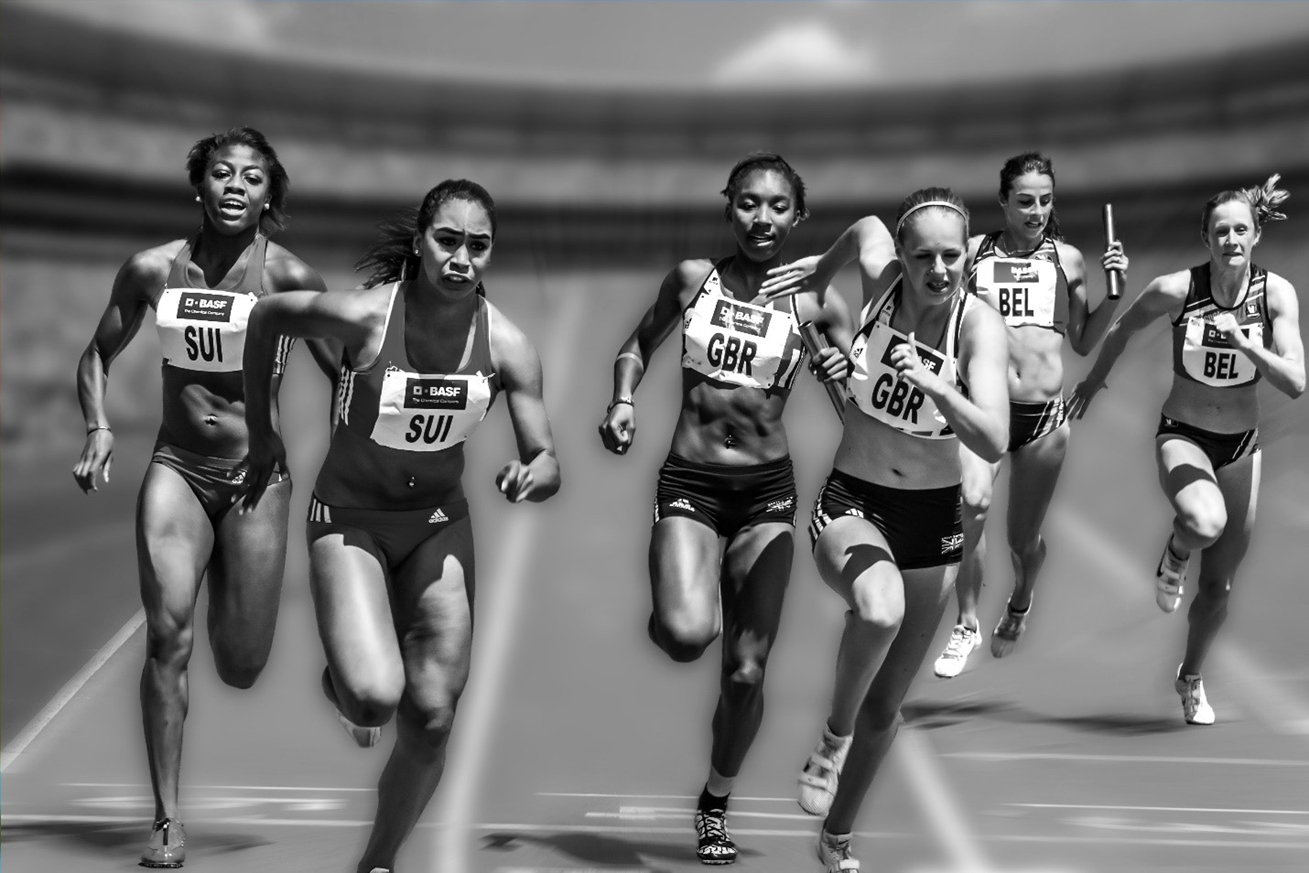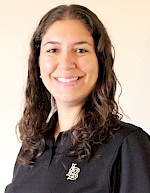Coaching and Organizational Strategies to Support the Adaptation of International Athletes

Published
In the first post of this series, I wrote about how it is important that international athletes engage in efforts to adapt to the new culture and the receiving organizations attempt to learn about the athletes’ cultures. When both parties seek to adapt to each other’s cultures, shared acculturation happens, which increases the chances that the international athlete will feel supported and successfully transition to the new country (Ryba et al., 2018). In this second post, I will share some strategies that coaches and organizations can adopt to facilitate the international athlete’s transition.
Create a team climate that promotes autonomy, competence, and connection among athletes.
Being flexible, listening to athlete input, helping them focus on self-improvement, and promoting reciprocal support among athletes are characteristics of team climate that helps integrate new athletes to the team successfully (Morela et a., 2017). One example of how to do listen to athlete input is scheduling one-on-one meetings with them and asking for it. Additionally, having team meetings to discuss what is working and what needs improvement can open the channel of communication and allow international athletes to feel supported and also comfortable in asking for something they need (e.g., a different way of communicating feedback). This type of team climate has been connected to positive attitudes towards multiculturalism (Ryba et al., 2018).
Provide logistical support.
Not every organization can provide full logistical support to international athletes, but it is important to be aware of the various bureaucratic hurdles that they may face. From visas to taxes, international athletes are learning to navigate a new world and any support is welcome (Ryba et al., 2019). Sometimes, even having a ride to the social security office will make a big difference, so do your homework and learn what athletes need to do and how you can support them (many of these things are free!).
Engage in mutual sharing activities.
From integrating international dishes into the organization’s menu to celebrating important holidays for the international athletes, sharing cultural traditions will help the athletes feel like they belong to the team (Ryba et al., 2018). Mutual sharing activities, where the international athletes learn about the local culture while the rest of the team learns about the international athletes’ cultures help them feel welcome and engage in a healthier adaptation, where they keep some aspects of their home country’s culture while assimilating to the new culture (Ryba et al., 2018).
Develop a buddy system.
Developing a buddy system where a senior athlete from the same country (or maybe even another international athlete) guides the newcomer can help international athletes’ adaptation to the new team and country (Ryba et al., 2018). Other international athletes may have gone through similar struggles and can help the newcomer feel understood, besides being able to provide suggestions on how to navigate the challenges in adapting to the new country.
Ultimately, coaches and organizations want to support the transition of international athletes by learning about their cultures while guiding them through their adaptation to the new country. A process that only involves the international athlete’s adaptation to the new culture without sharing or support will result in a lonely athlete and potential waste of organizational resources if the athlete is not able to overcome these challenges.
References
Morela, E., Hatzigeorgiadis, A., Sanchez, X., Papaioannou, A., & Elbe, A.-M. (2017). Empowering youth sport and acculturation: Examining the host’s perspective in Greek adolescents. Psychology of Sport and Exercise, 30, 226-235. http://dx.doi.org/10.1016/j.psychsport.2017.03.007 1469-0292
Ryba, T. V., Stambulova, N., & Ronkainen, N. J. (2019). Transnational career and cultural transition. In D. Hackfort & R. J. Schinke (Eds.), The Routledge international encyclopedia of sport and exercise psychology. Routledge.
Ryba, T. V., Schinke, R. J., Stambulova, N. B. & Elbe, A. (2018). ISSP position stand: Transnationalism, mobility, and acculturation in and through sport. International Journal of Sport and Exercise Psychology, 16(5), 520-534. https://doi.org/10.1080/1612197x.2017.1280836
Share this article:
Published in:





